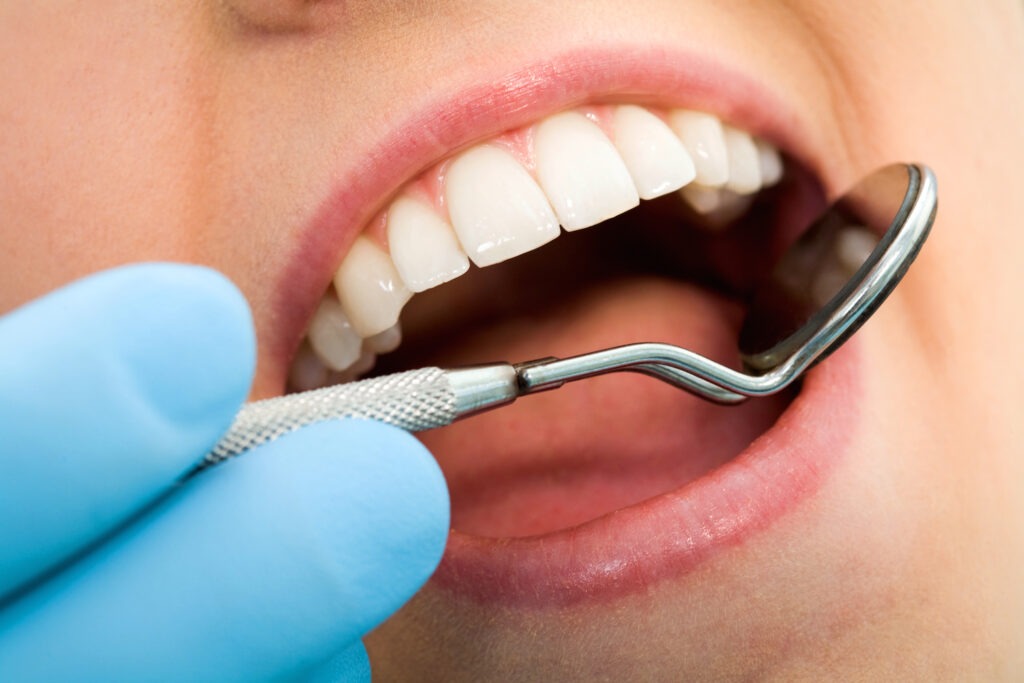Dental plaque is a soft, sticky film of bacteria that forms on your teeth and gumline. It’s a natural part of the oral ecosystem, but if left unchecked, it can lead to serious dental problems, including tooth decay, gum disease, and tooth loss. In this blog, we’ll discuss what dental plaque is, how it forms, and what you can do to prevent it.

What is Dental Plaque?
Dental plaque is a biofilm composed of bacteria that forms on your teeth and gumline. It starts as a clear, sticky film on your teeth, but over time, it can harden into tartar, which is more difficult to remove. The bacteria in dental plaque produce acids that can erode tooth enamel, leading to cavities and tooth decay. If left unchecked, plaque can also cause inflammation and infection in the gums, leading to gum disease and eventually, tooth loss.
How Does Dental Plaque Form?
Dental plaque forms when the bacteria in your mouth combine with the proteins and sugars in the food you eat. These bacteria consume these sugars and produce acids that can erode tooth enamel. Over time, this process can lead to the formation of cavities and tooth decay.
In addition to consuming sugars, the bacteria in dental plaque can also produce a sticky substance called extracellular polymeric substance (EPS). This substance helps the bacteria adhere to the surface of your teeth and gumline, making it more difficult to remove.
How Can You Prevent Dental Plaque?
The best way to prevent dental plaque is to practice good oral hygiene habits. This includes brushing your teeth twice a day with fluoride toothpaste, flossing daily, and using an antiseptic mouthwash. You should also avoid sugary and acidic foods and drinks, as these can contribute to the formation of plaque.
Regular dental cleanings are also essential for preventing dental plaque. During a cleaning, a dental professional will use special tools to remove the plaque and tartar buildup from your teeth and gumline. They can also provide personalized recommendations for improving your oral hygiene habits and preventing future plaque buildup.
Conclusion:
Dental plaque is a common and potentially serious dental problem that can lead to tooth decay, gum disease, and tooth loss. By understanding what dental plaque is, how it forms, and how to prevent it, you can take steps to protect your oral health and maintain a beautiful, healthy smile. So be sure to practice good oral hygiene habits and schedule regular dental cleanings to keep your teeth and gums healthy for years to come.

